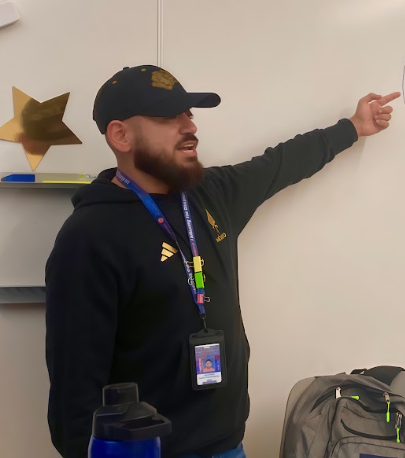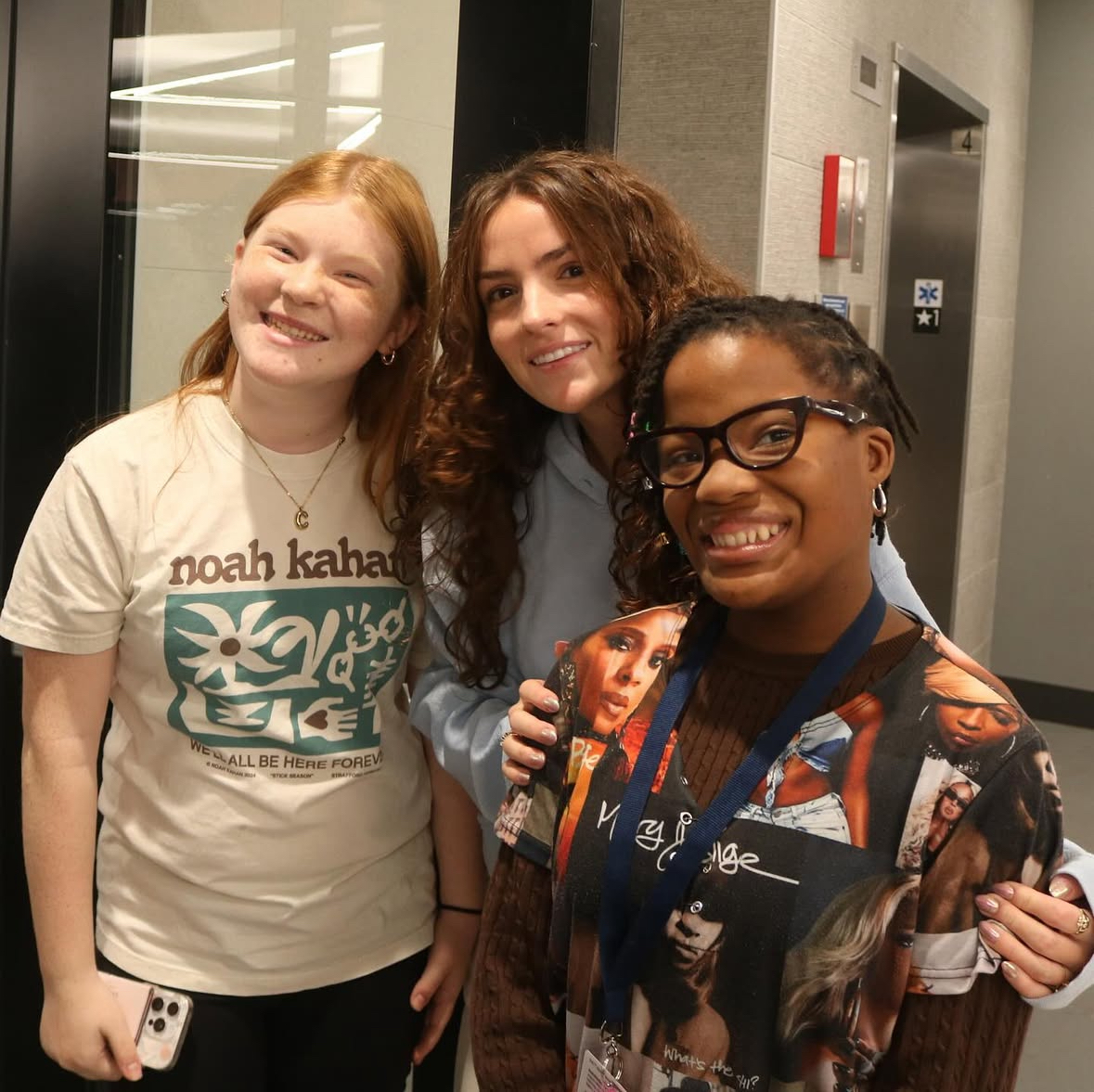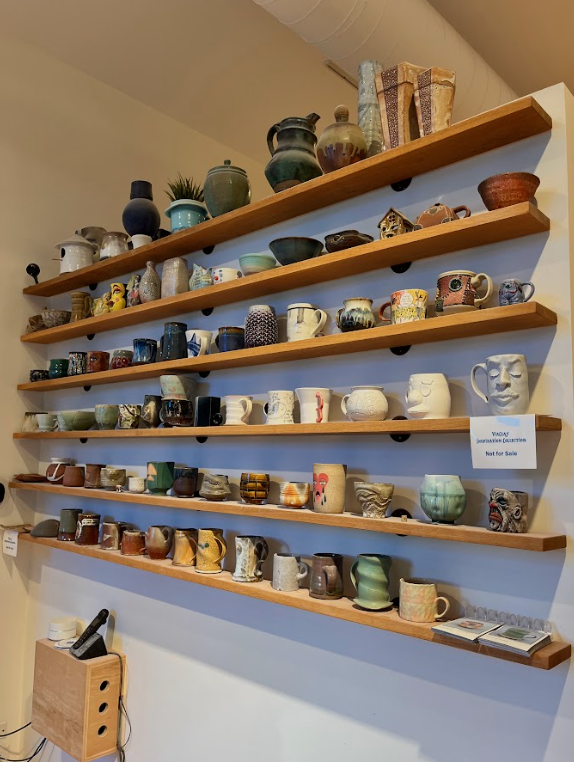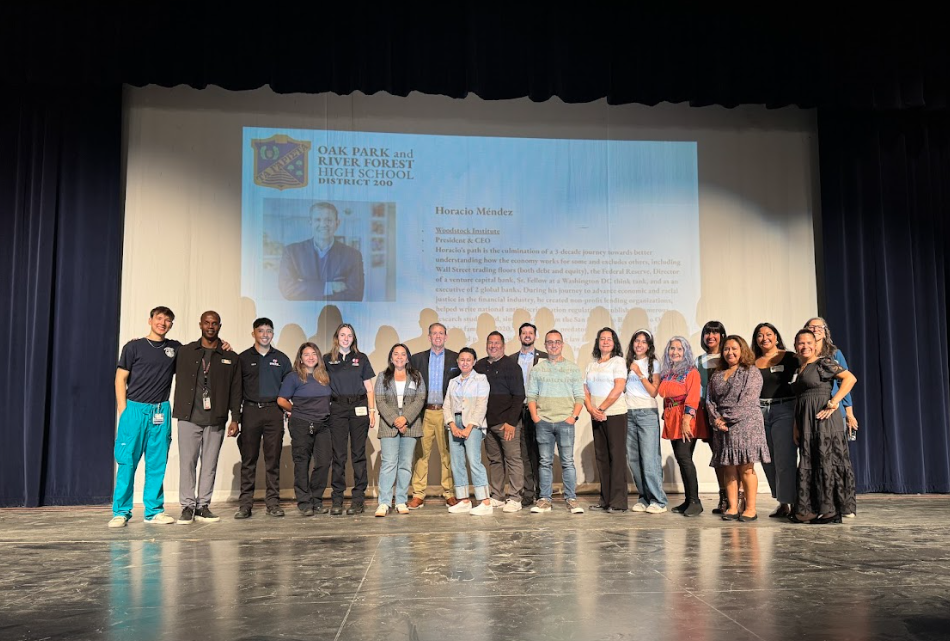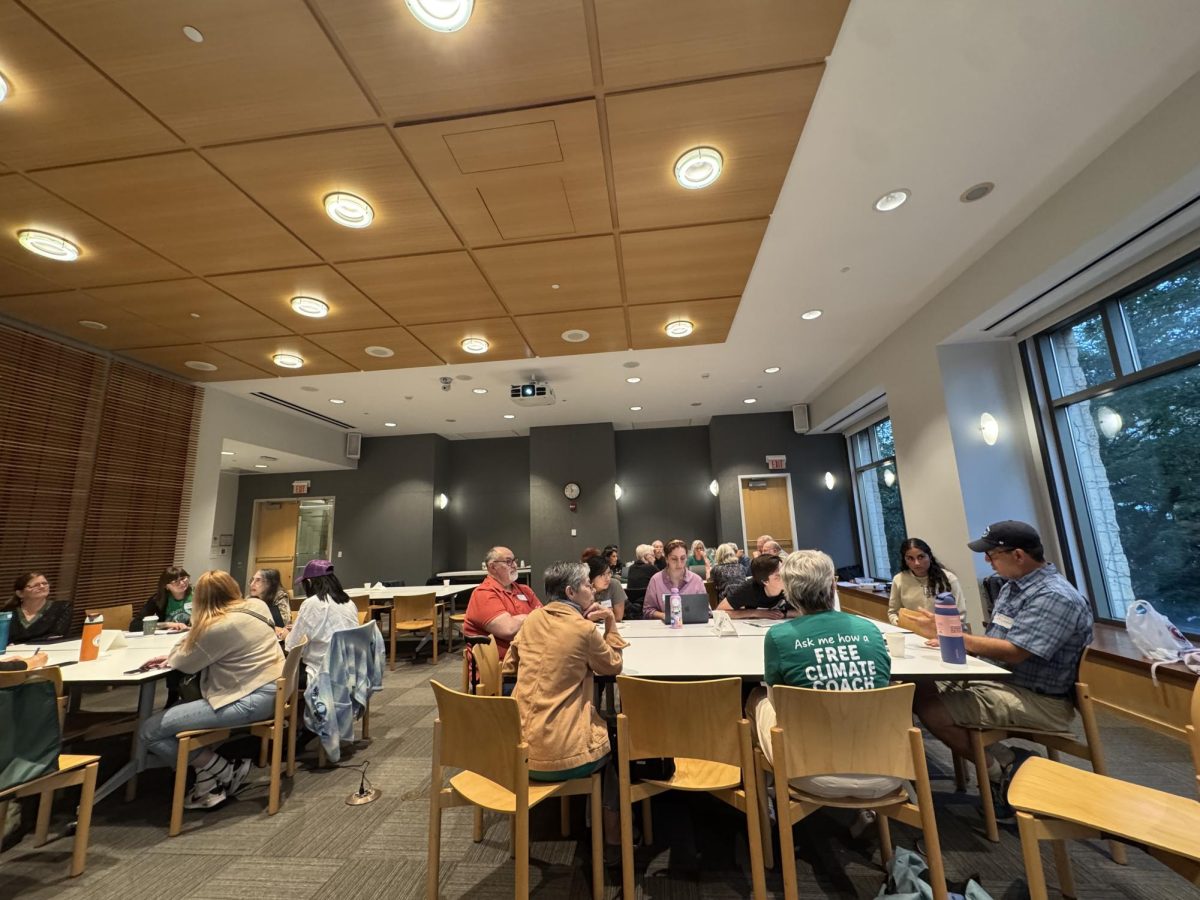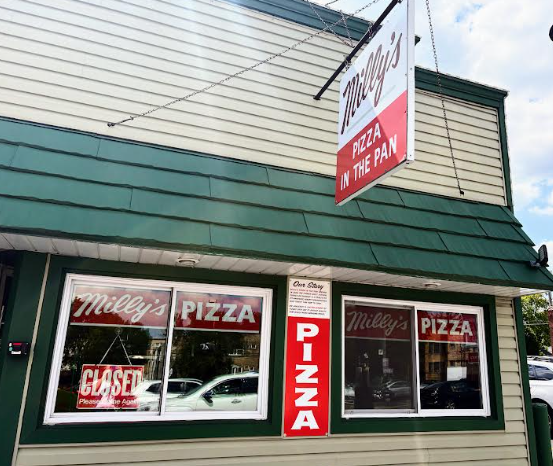In a world where millions of young girls and women face barriers to obtaining an education, the Women’s Global Education Project (WGEP) aims to be a symbol of hope for women in Africa. The WGEP works with two partners in Kenya and another in Senegal to “empower women and girls through education to live better lives and foster more equitable communities,” said WGEP Senior Program Manager for Senegal Lily Messih.
The WGEP, based in Oak Park and founded in 2004, works with local leaders in rural parts of Kenya and Senegal to establish programs to keep women in schools. Working with these local partners gives them an advantage over other non-profits “that simply place people in these rural areas who do not understand the local context,” said Messih.
According to Messih, who has been with the organization for more than 14 years, “Education is one of the best investments you can make. When girls are educated, their kids are educated, healthier…and they are less likely to get married young and drop out due to poverty.”
The organization offers three programs; one is a scholarship program focused on getting girls in school, and another was made to ensure the girls’ success beyond school. The third program, based in Kenya, is the organization’s literacy program called Our Sisters Read, focused on supporting early grade school girls. The programs cover school fees, uniforms and other essential supplies to continually motivate women to pursue education.
On Oct. 11, WGEP’s mission became personal for Rena Mazumdar’s AP French Language and Culture students and Tyrone Williams’ AP African American Studies students. Casimir Coly, the organization’s partner in Senegal, was invited to speak to students about his experiences in higher education in Senegal, the ways he leads his mission and the challenges he faces daily. He also engaged with the students in a candid question-and-answer session.
During his visit with students, Coly shared a powerful story about how, as a young man, he slept in a tent to receive his education as he could not afford to stay in a dorm. Coly explained that during his classes he carried his foldable tent and set it up each night until his education was complete. His dedication captivated students, giving them a firsthand account of the perseverance needed to pursue an education under the challenging conditions in Senegal, even as a man.
“He really went to the heart of the matter…and really brought it home. All of my students were just so fascinated, touched… and listening attentively,” said Mazumdar.
The visit sparked interest and reflection among students who asked Coly thoughtful questions from the logistics of implementing the educational programs to the cultural attitudes in Senegal.
One of Williams’ students, senior Jasmine Shirley, said, “It really made me appreciate what we have here at OPRF. I realized that everyone isn’t provided equal opportunities towards education and the necessity for programs like that.”
Mazumdar added, “We have much that we take for granted. There was this atmosphere of appreciation when he was speaking to us. Look at all of these resources we have for education here at OPRF. Even in the Chicagoland area, many students are not as fortunate. We are truly fortunate to have this level of education here in Oak Park.”
Coly emphasized that the mindset in Senegal must change in order for more girls to receive their education. To do so, they have begun to “integrate boys…in the program so we can deconstruct…the system that is passed from a generation to another.” By educating men alongside women, the WGEP aims to foster an environment where women’s education is valued.
“It is just so archaic to think that in 2024 we still don’t have equal opportunities for women in many, many parts of the world,” said Mazumdar.
In order to measure the success of their programs, the WGEP tracks retention rates, academic performance and community feedback. By tracking retention rates, the organization is able to have “a clear indicator of [their] programs’ effectiveness in women’s education,” according to Messih. WGEP also compares how their students perform to other women across the region as well as nationally on standardized exams to gauge their progress to national benchmarks.
Messih also stated that the WGEP regularly “conducts surveys with parents, local leaders and community members to better understand the evolving opinions toward girls’ education.”
In the future, the WGEP plans to expand its outreach with two new partners in Kenya and one more in Senegal in the next year to keep building its capacity for more women to enter the program.
The organization also offers summer internships for students interested in making a difference. Through these efforts, WGEP hopes to inspire the next generation of leaders to pave the way for a future because “once you are educated, you have freedom,” said Coly.

